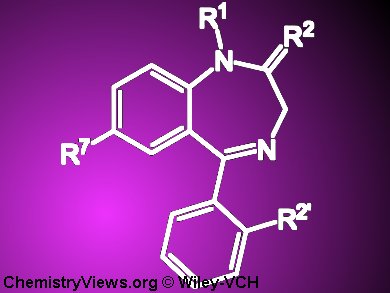Autism spectrum disorders are neuropsychiatric diseases characterized by impaired social interaction, stereotyped behaviors, and delayed language development. Although many pharmacological regimens have been evaluated for the treatment of these disorders, most of them have been unsuccessful.
According to William A. Catterall and co-workers, University of Washington, USA, low doses of benzodiazepine, a class of sedative/anxiolytic drugs, might ameliorate autistic symptoms. By using a mouse model of autistic disorders, the researchers demonstrated that autistic-like behaviors are associated to impaired activity of GABAergic receptors, namely molecules responding to the action of the neurotransmitter γ-aminobutyric acid (GABA). As low doses of benzodiazepines potentiate the activity of GABAergic receptors, the scientists administered these drugs to autistic-like mice, thereby observing an improvement of autism-associated behavioral and cognitive deficits.
The pharmacological modulation of GABAergic receptors may, thus, be a novel treatment for autism.
- Enhancement of Inhibitory Neurotransmission by GABAA Receptors Having α2,3-Subunits Ameliorates Behavioral Deficits in a Mouse Model of Autism,
Sung Han, Chao Tai, Christina J. Jones, Todd Scheuer, William A. Catterall,
Neuron 2014, 81, 1282–1289.
DOI: 10.1016/j.neuron.2014.01.016




